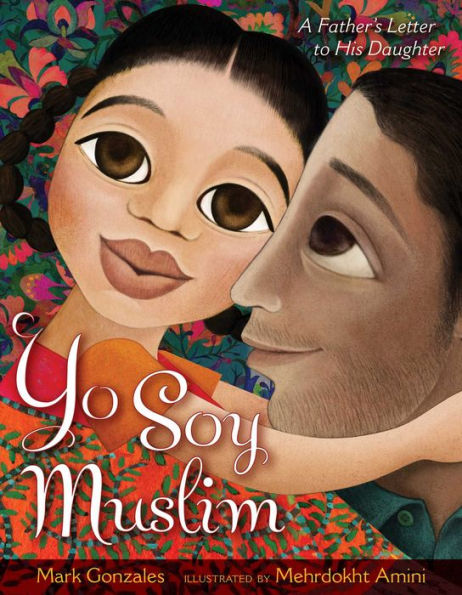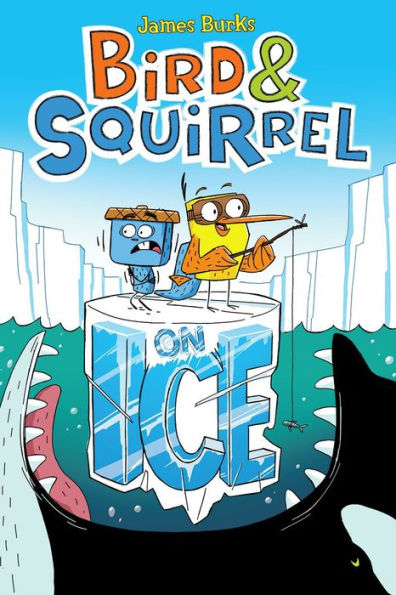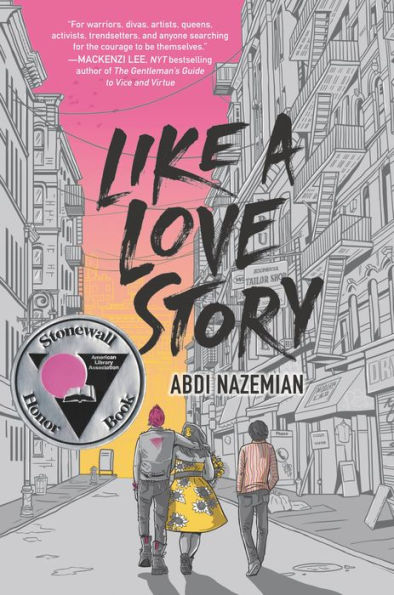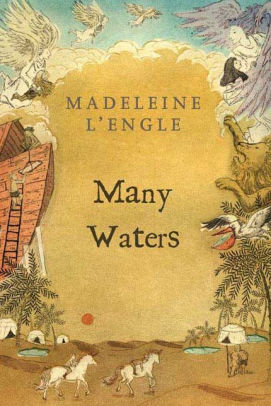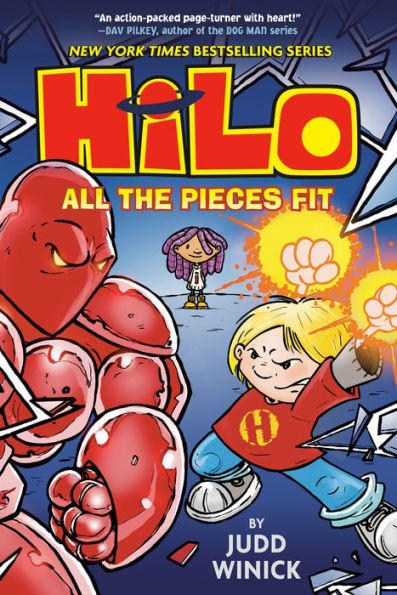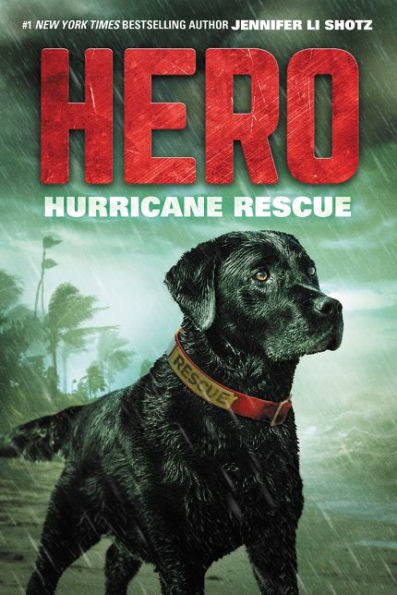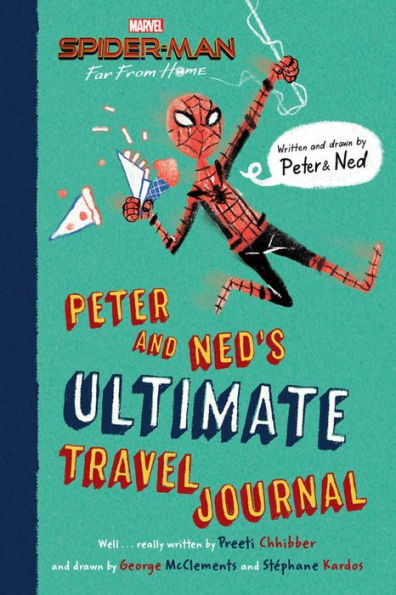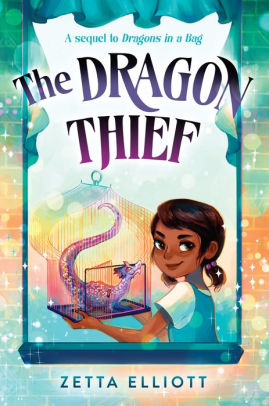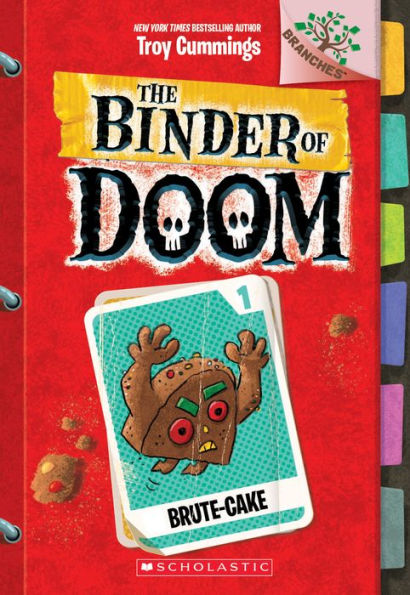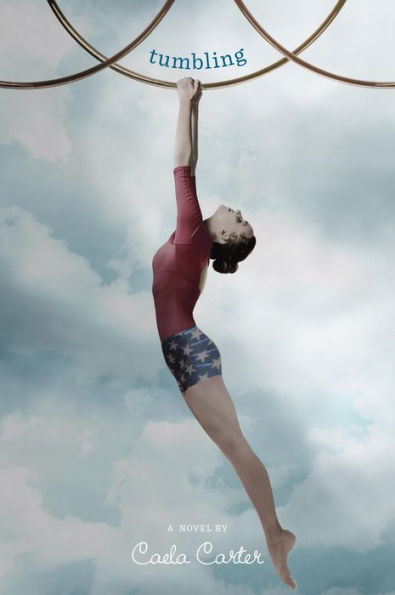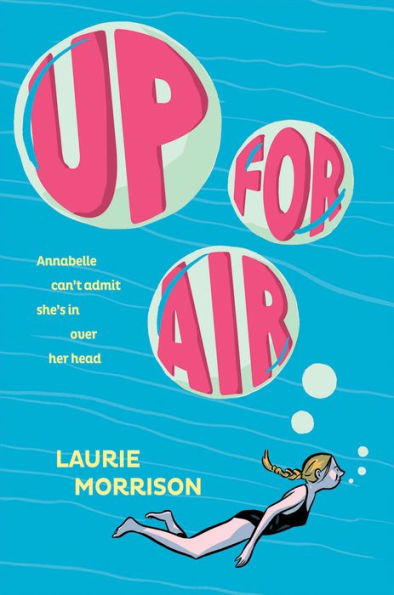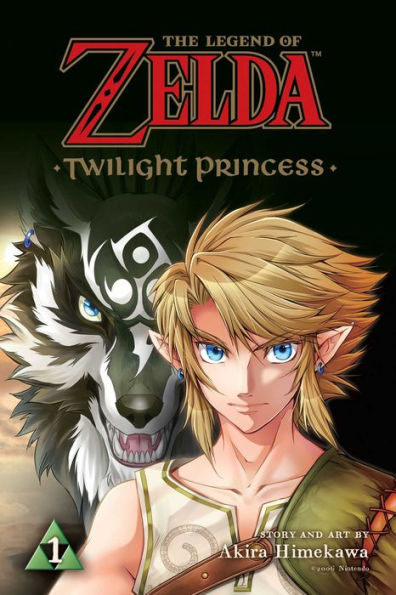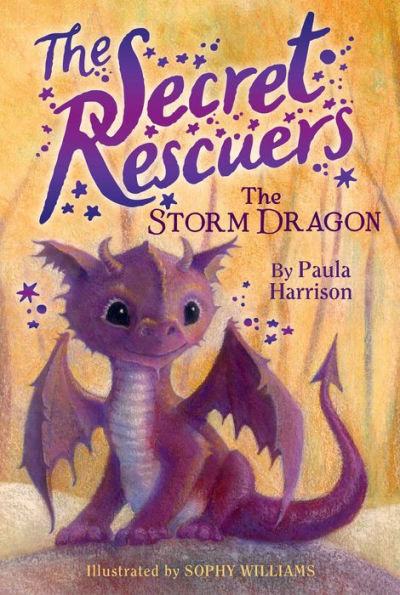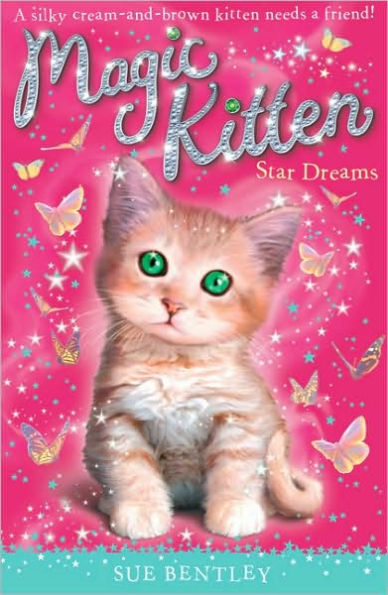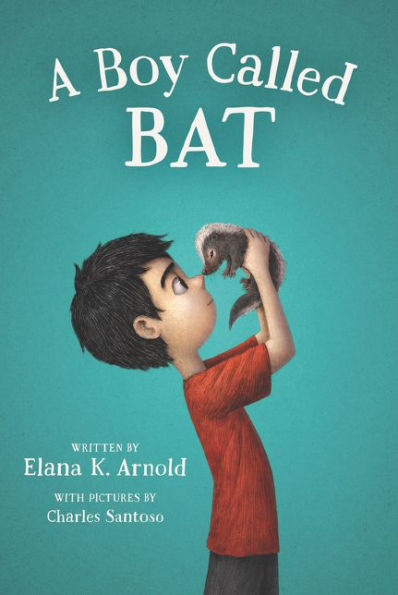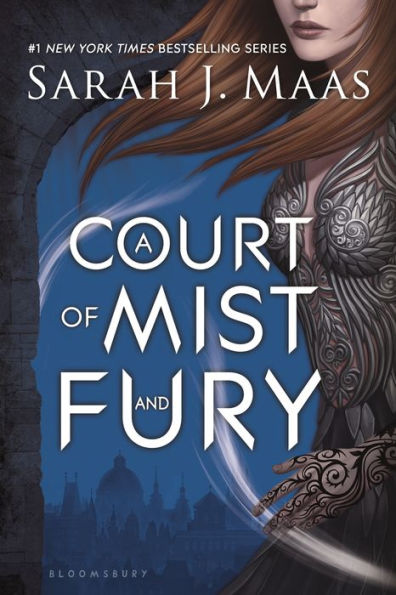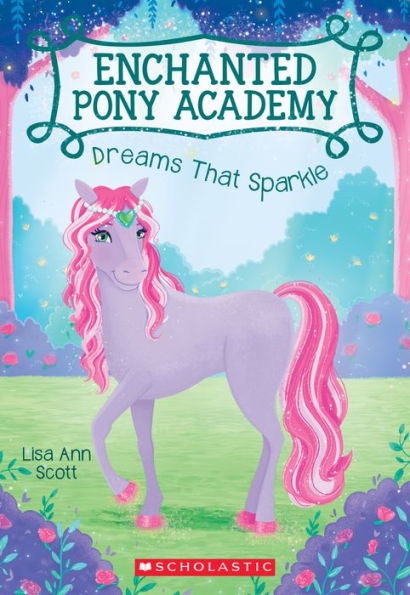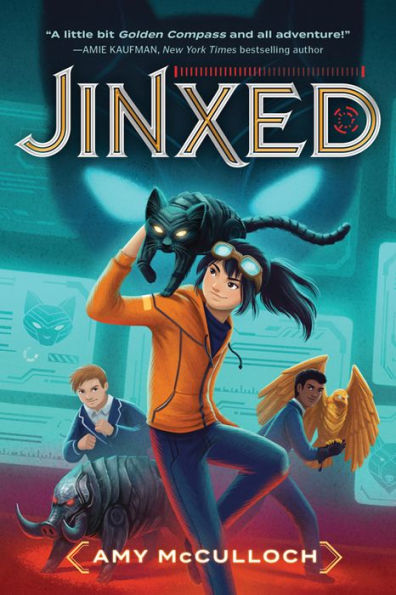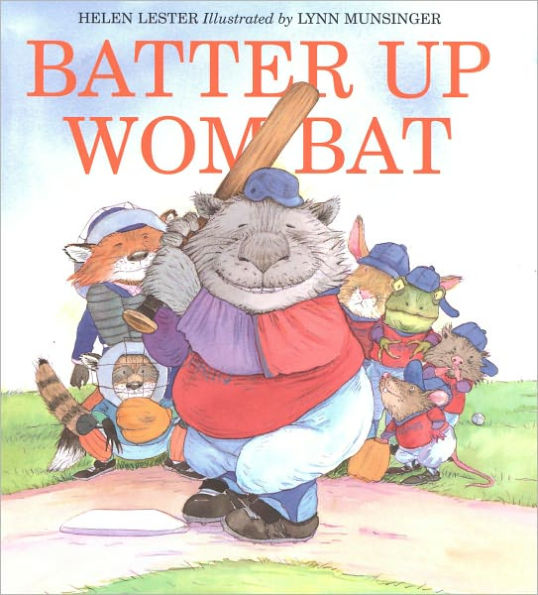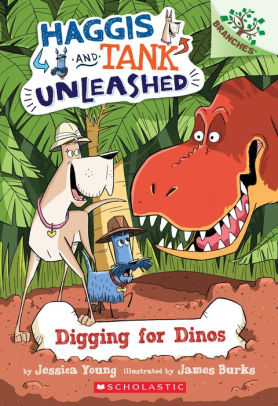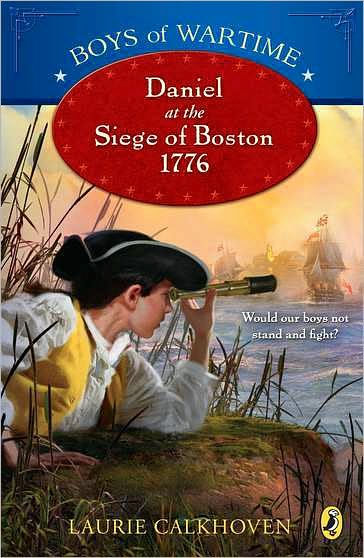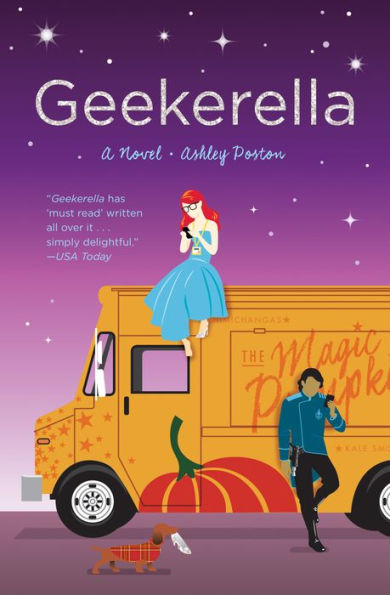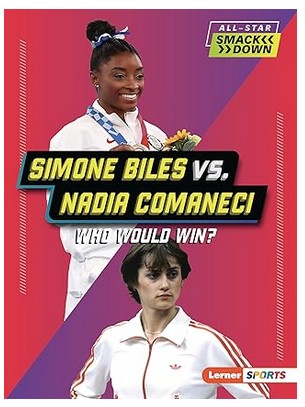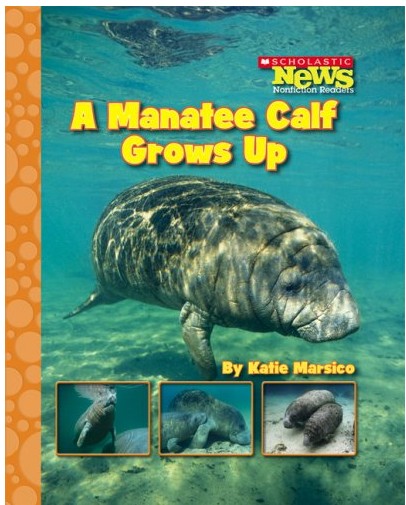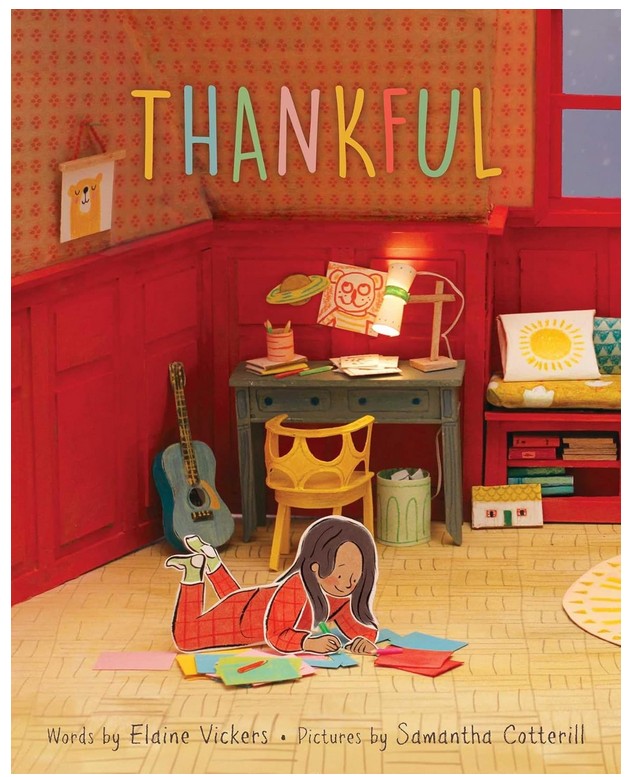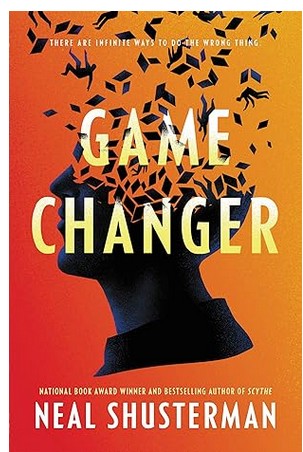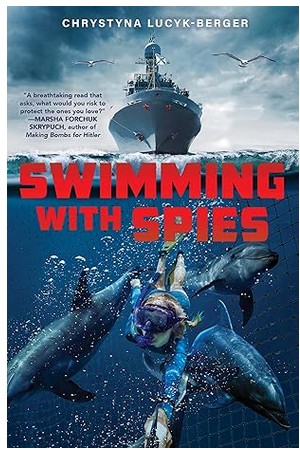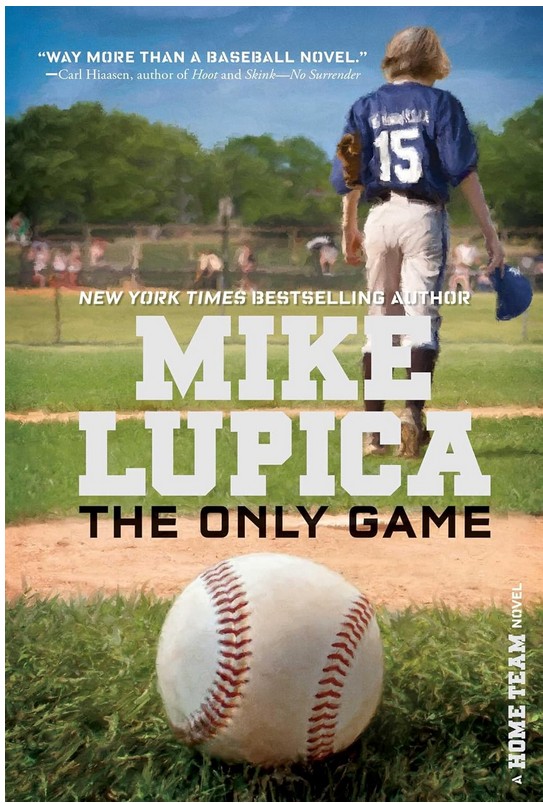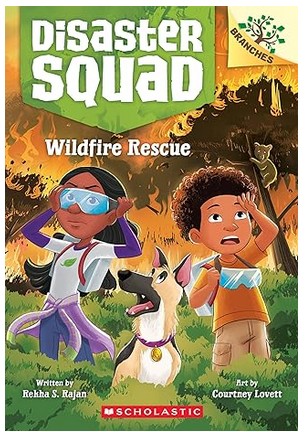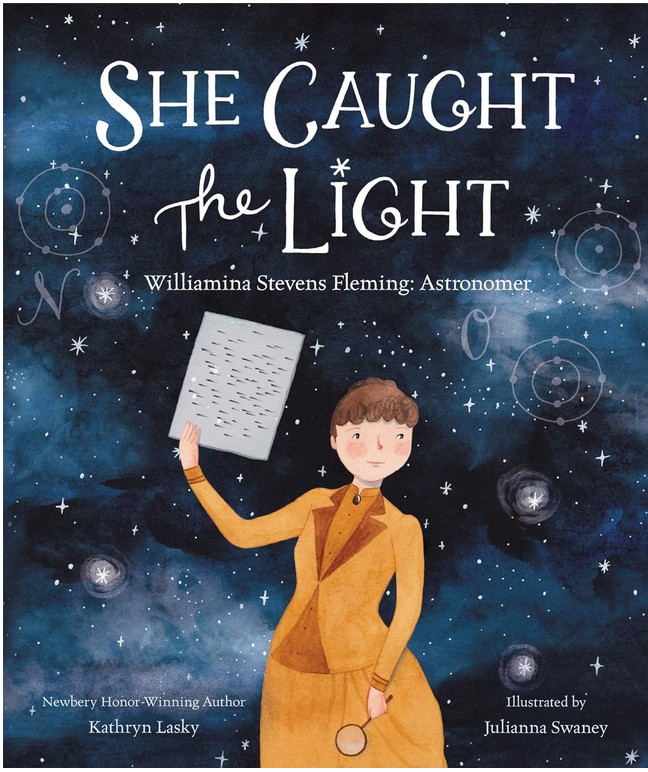When Justin finds out his older brother, Kyle, has been killed overseas, Justin is devastated. Kyle was a marine, a hero trying to live up to his father’s reputation, yet in an instant his life was over. Now, Kyle’s only connection to Justin is Max, Kyle’s former canine partner and a discharged K-9 marine.
When Max was at Kyle’s side, he was meant to sniff out explosives, search for enemy soldiers and weapons, and keep Kyle and his unit alive. Max, just like Kyle, was trained for war. He was trained to be a hero. While Max’s presence doesn’t make it easy for Justin and his parents to grieve, they soon discover that without a home, Max will be put down. With no home to place Max in, Kyle’s partner is placed in Justin’s care.
After Kyle’s death, it isn’t easy for Justin and his family to see Max alive and well. It isn’t easy for Max to move on from his days on the frontlines. Most people misunderstand Max, believing he is too aggressive. Max isn’t meant to be a pet. He is meant to be a hero. Justin is the only one who understands Max is also grieving for Kyle. Both Justin and Max find it difficult to adjust to each other. Soon the two bond over Kyle’s death, supporting each other and giving each other a purpose.
When Tyler, Kyle’s best friend, is discharged from the marines, Justin begins to ask questions. Justin and Max work together to figure out what really happened to Kyle. Can they find the truth and still protect Justin’s family from the dangerous people Tyler is working with?
Shotz’s novel about a war dog coming home to his handler’s family is a wonderfully wholesome story. Justin and his family are well-written characters that deal with the guilt, shame, and sadness that accompanies a loved one’s death. Max serves as the means to which Justin’s family can work out their emotions surrounding Kyle’s death, as well as the means to which everyone comes together in the end. Max is also a stand in for Kyle; since Kyle is gone, Max helps Justin protect his family and sniff out Tyler’s true intentions, just as Kyle would have done.
Max: Best Friend. Hero. Marine. shows that heroes come in many forms. Kyle is considered a hero because he followed in his father’s footsteps and joined the marines. Justin struggles with his father’s pressure to live up to his brother’s legend. Justin’s father, who was discharged early on from the marines because of a leg injury, struggles to connect with Justin because Justin doesn’t want to be a marine. However, Justin proves himself to be as much of a hero as Kyle. At the end of the story, Justin earns his dad’s trust and lives up to Kyle’s memory.
Unlike Kyle, Tyler chose to lie and deceive his best friend’s family in order to smuggle weapons across the border. Tyler will eliminate anyone that stands in his way. The story emphasizes that someone doesn’t need to go into the military to be a hero, and that not all marines are heroes.
Max: Best Friend. Hero. Marine. is fast-paced, and the suspense builds from the moment Justin’s family is told Kyle has died. The believable twists will keep readers turning the page until they reach the heartwarming conclusion. Max: Best Friend. Hero. Marine. is a must-read because of the realistic characters and wonderful storytelling. For more heroic dog stories, try the G.I. Dogs Series by Laurie Calkhoven.
Sexual Content
- When Justin meets Carmen, “her dark eyes were still zeroed in on him, making his cheeks feel kind of hot.” Justin thinks Carmen is pretty.
- When two of Justin’s friends are in his backyard, “they looked up to see Justin framed in his window, shirtless.”
- When Carmen is invited over to Justin’s house for dinner, Justin feels awkward. “Then again, Justin had never brought a girl home for dinner.”
- After triumphing over Tyler, Carmen and Chuy meet up with Justin. Then, Carmen “stepped forward and planted her lips on his. Justin was so startled that he didn’t know what to do at first. Then he quickly came to his senses and kissed her back.”
Violence
- At the beginning of the novel, Justin is playing a military-themed video game. In the game, the “virtual army let out a series of grunts and pumped their fists in the air or fell to the ground.” The game makes Justin think of his brother, Kyle, a soldier overseas. “Sometimes Justin tried to picture Kyle as one of these guys, but it was just too weird. He couldn’t imagine his brother shooting anyone.”
- Chuy, Justin’s friend, has a cousin named Emilio. Emilio is “pretty hard-core—possibly even in a gang—and he wasn’t going to be happy when he learned that Chuy had misplaced his new (video) game.”
- Kyle is never seen in the present day because he dies fighting in Afghanistan. When a solider comes to Justin’s house, “Justin knew for sure: His brother was dead. Kyle was dead.”
- In a flashback, Justin thinks about the time Kyle picked him up from school. Justin had gotten into a fight. “He didn’t know how to tell Kyle that he’d gotten in a fight over a stupid bike. Or that he’d been sucker-punched. Or that he’d managed not to hit back, because he didn’t think it was worth it.”
- During another flashback, Justin remembers Tyler, Kyle’s friend, speaking to his parents over video call. “‘We’re making trouble, Mrs. W.,’ Tyler said, ‘For the bad guys, that is.’”
- When Justin confronts his dad about Kyle, he says, “Being a man and enlisting and getting killed, like Kyle? Or being a man and getting my leg shot up, like you? Tell me what I’m supposed to learn from either of those things.” Later, Justin tells his dad, “‘You’d like me to get myself killed,’ Justin said, holding his dad’s ‘Wouldn’t you?’”
- Justin’s mom gets a call about Max, Kyle’s dog. She tells the family, “Sergeant Reyes called. They’re going to kill Max.”
- Tyler tells Justin’s dad that Max is the reason Kyle was killed. Justin sees “his father was standing in front of Max’s crate, his gun drawn and pointed at Max’s”
- When Justin is hunted by a pair of rottweilers, Max fights one of the dogs. “The two dogs rolled around in the dirt, a frenzy of growls and bites and scratches, battling each other fiercely.” Justin found Max injured later.
- Justin watches as his dad, Ray, is about to be attacked by Stack, a sheriff deputy and Tyler’s accomplice. “What his dad couldn’t see—which Justin and Max both could see—was that Stack was running at Justin’s dad from behind, holding a giant rock in his fleshy hands, raised high in the air. He was about to slam it down onto Justin’s dad’s” Max saves Ray, “Stack stumbled, and Max flew over Ray and crashed into Stack’s chest, knocking him to the ground.”
- During the final battle with Tyler’s gang, Justin sees “his dad, who pointed a gun straight at the windshield and fired. The truck swerved and crashed into the side of the hill. The back of the truck exploded in a burst of flame, and suddenly a thousand gunshots pinged around the ravine. The ammunition in Tyler’s truck had ignited.” No one is injured or hurt in the explosion.
Drugs and Alcohol
- Tyler is given pain medication for a shrapnel injury. Tyler says, “But they got me on so many painkillers, I hardly notice it.”
- When Tyler comes over to talk to Justin’s dad, “Justin was surprised to see his dad limp over to the mini-fridge under his desk and take out two beers. It was early for him to start drinking.”
- When Tyler asks Justin’s dad for a favor, Justin’s dad took “another swig of beer, as if for courage.”
Language
- During a flashback, Justin remembers a time when he and his parents were talking to Kyle over video chat. Justin says, “Kyle’s so awesome even his frickin’ dog is a hero.”
- When going to see Max at the military kennel, Justin thinks, “He was one pissed-off dog, that was for sure.”
- When Justin thinks about his dad, he thinks, “His dad cared more about a stupid dog that had once belonged to Kyle than he did about his own living, breathing son.”
- Someone tells Justin, “Yo, you look like crap.”
- Before Kyle and Tyler became soldiers, Tyler used to tease Justin. Tyler “would make fun of Justin—calling him a serious loser or computer nerd.”
Supernatural
- None
Spiritual Content
- Kyle’s funeral is at a church. At the church, Justin’s “Mother’s sobs carried up and over the singing of the choir.”
by Jonathan Planman

